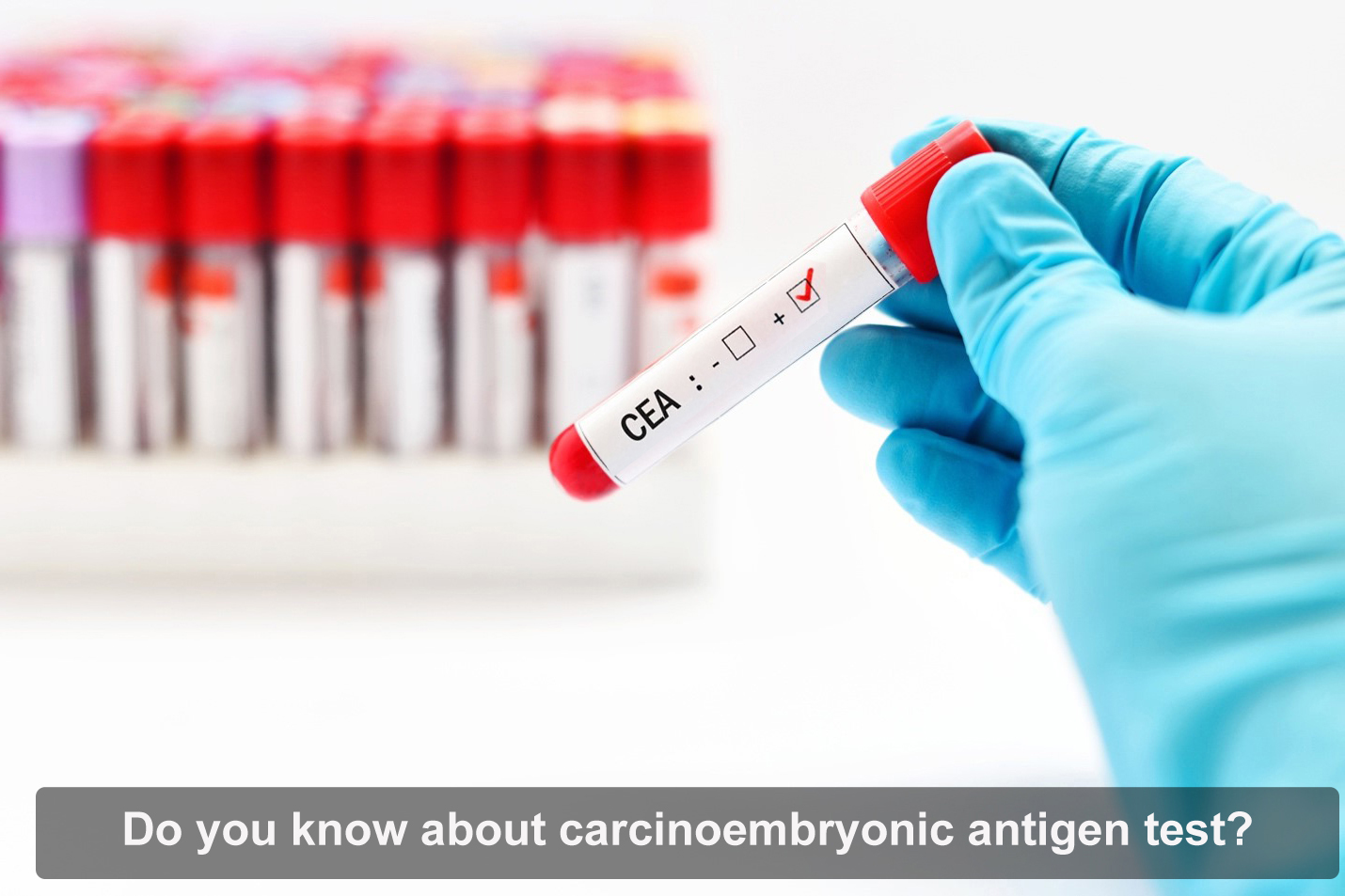
What is the normal range for CEA blood levels?
The normal range for CEA in an adult non-smoker is <2.5 ng/ml and for a smoker <5.0 ng/ml.
How is the CEA test used?
The best use of CEA is as a tumor marker, especially for cancers of the gastrointestinal tract. When the CEA level is abnormally high before surgery or other treatment, it is expected to fall to normal following successful surgery to remove all of the cancer. A rising CEA level indicates progression or recurrence of the cancer. This must be confirmed , as the CEA test by itself is not specific enough to substantiate a recurrence of a cancer. In addition, levels >20 ng/ml before therapy may be associated with cancer which has already spread (metastatic disease).
What conditions can cause an elevated CEA?
Both benign (harmless) and malignant (cancerous) conditions can increase the CEA level. The most frequent cancer which causes an increased CEA is cancer of the colon and rectum. Others include cancers of the pancreas, stomach, breast, lung, and medullary carcinoma of the thyroid and ovarian cancer. Benign conditions which can elevate CEA include smoking, infections, inflammatory bowel disease, pancreatitis, cirrhosis of the liver, and some benign tumors in the same organs in which an elevated CEA indicates cancer. Chemotherapy and radiation therapy can cause a temporary rise in CEA due to the death of tumor cells and release of CEA into the blood stream. Changing levels of CEA during cancer treatment must always be correlated with other clinical findings. While worrisome, changes in CEA are not diagnostic of cancer progression on their own.
What are the limitations of CEA testing?
CEA is not an effective screening test for hidden (occult) cancer since early tumors may not cause significant blood elevations. Also, many tumors never cause an abnormal blood level, even in advanced disease. Because there is variability between results obtained between laboratories, the same laboratory should do repeat testing when monitoring a patient with cancer.







